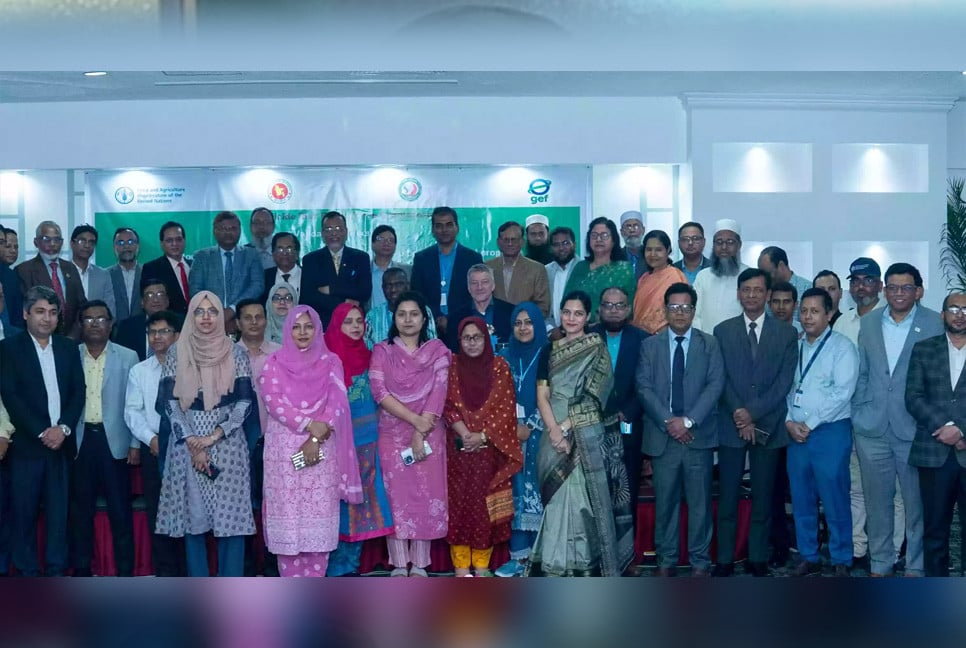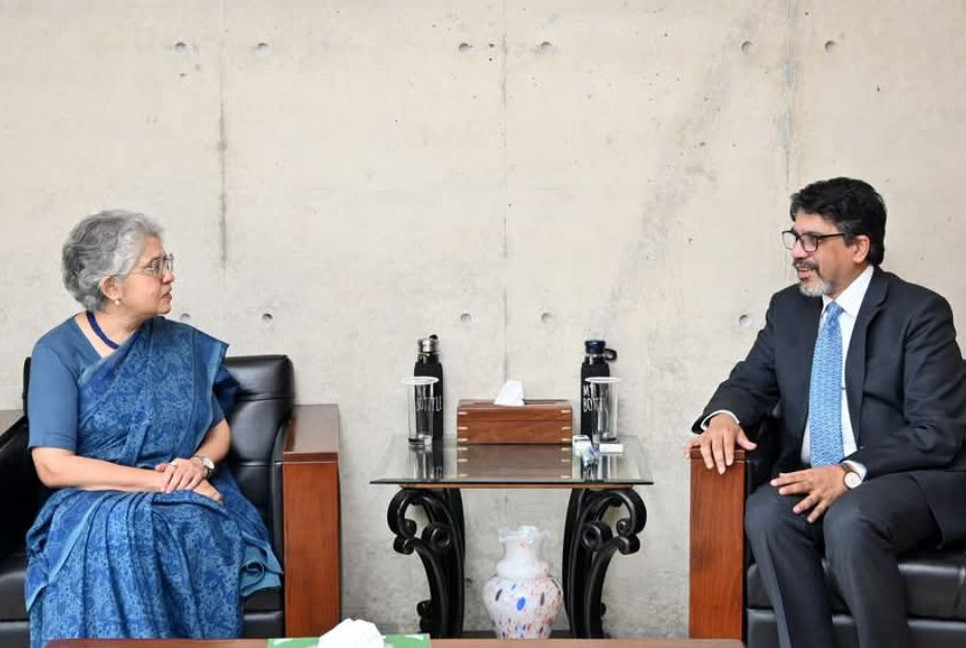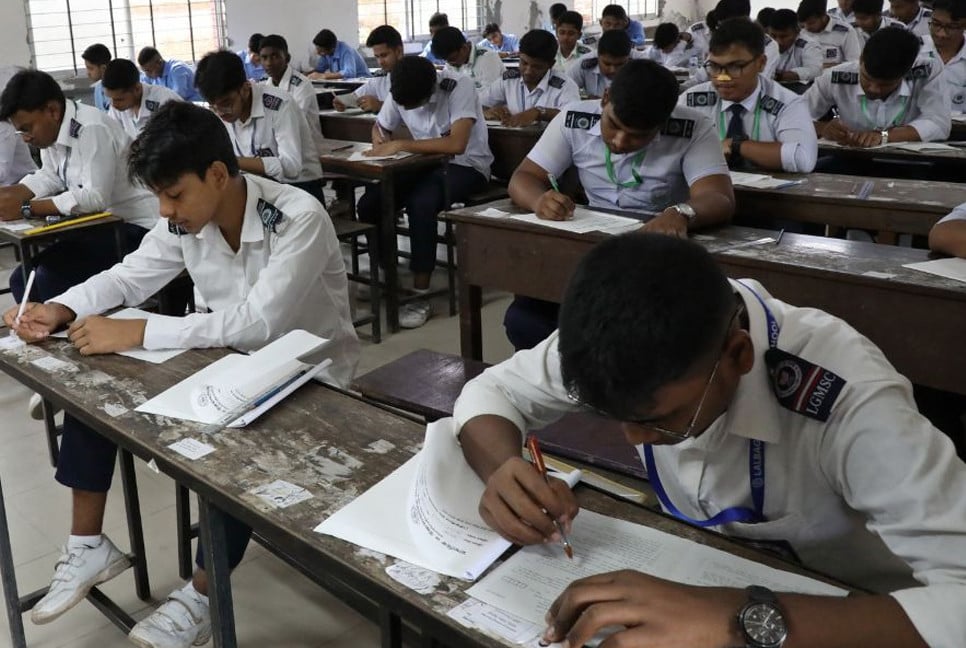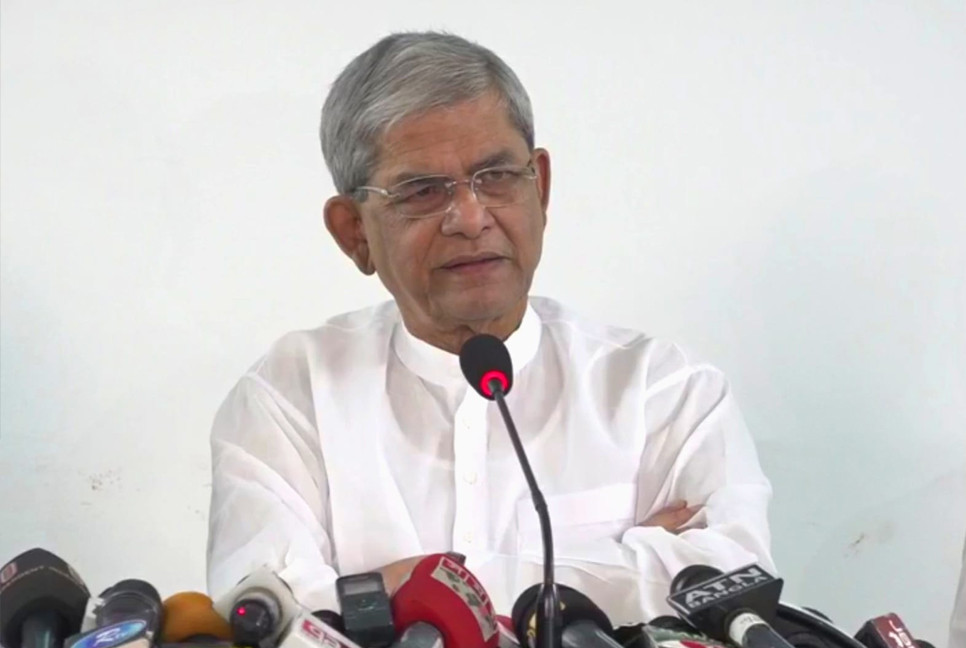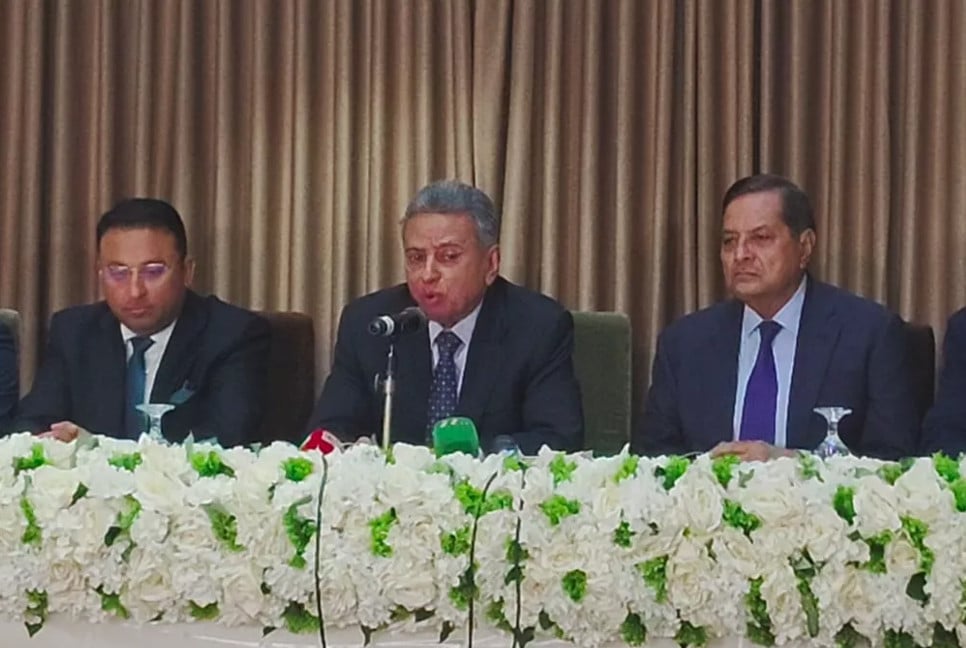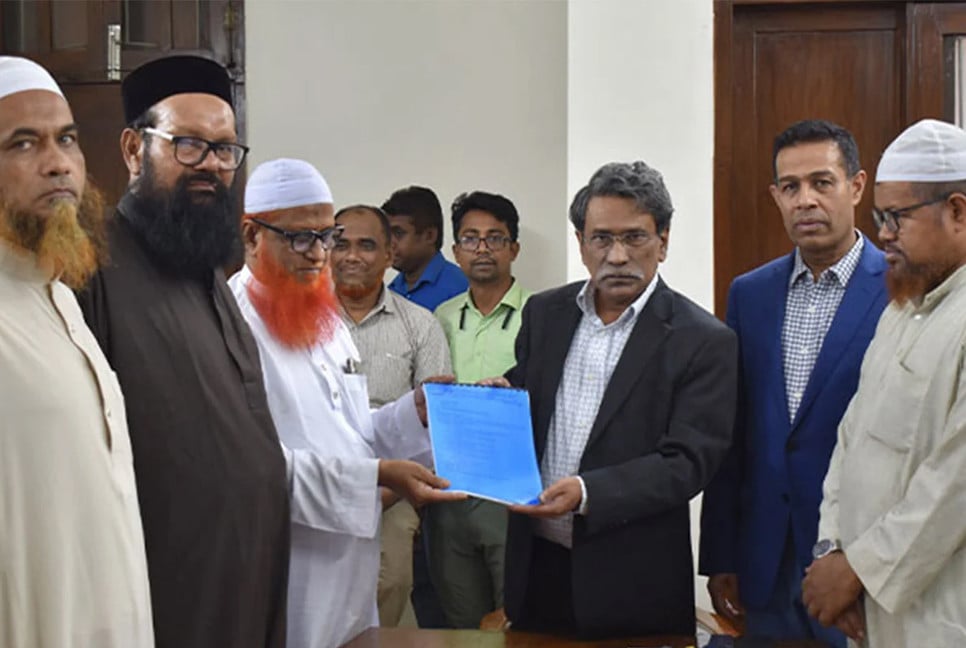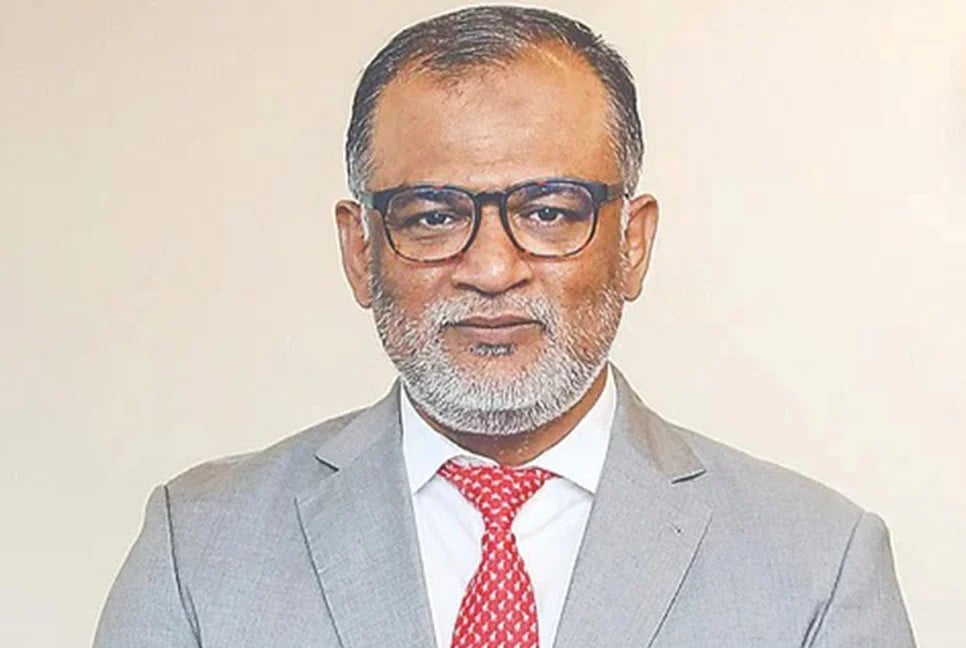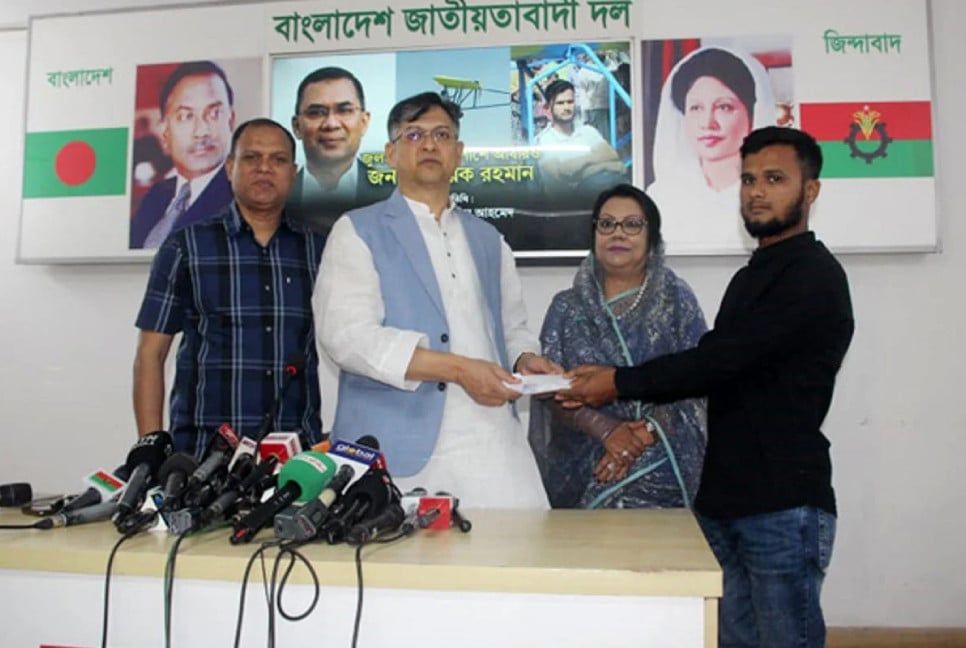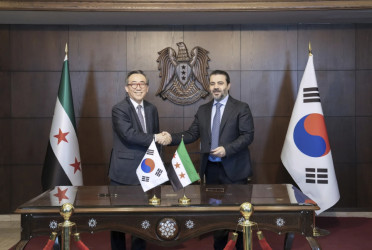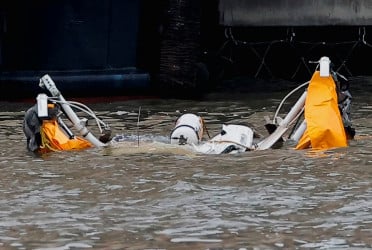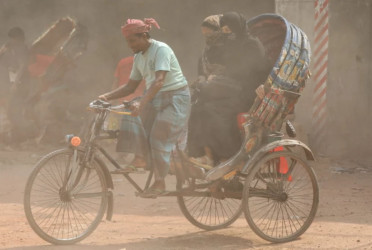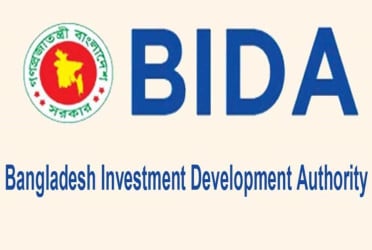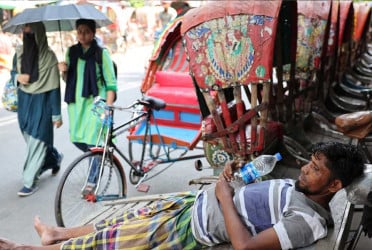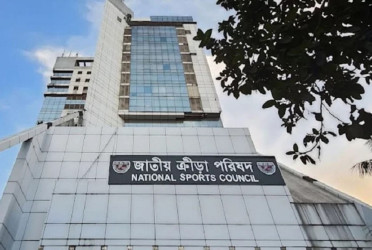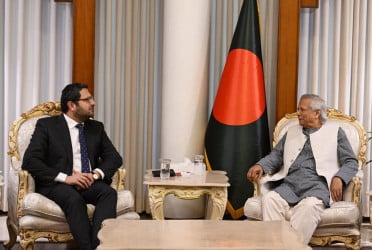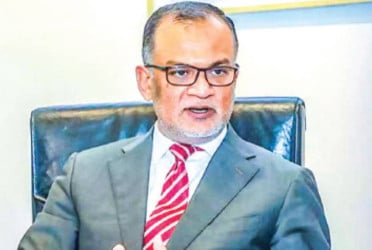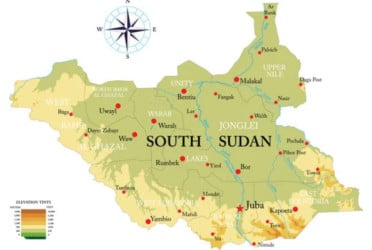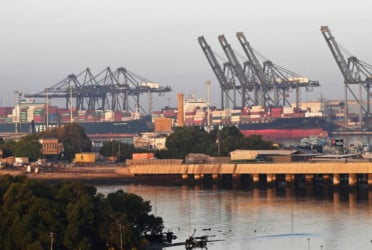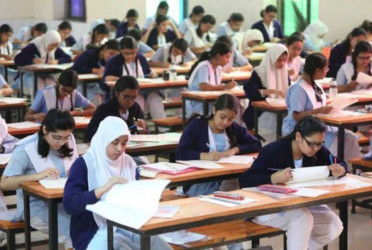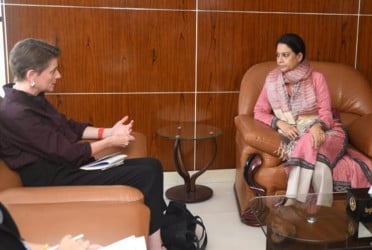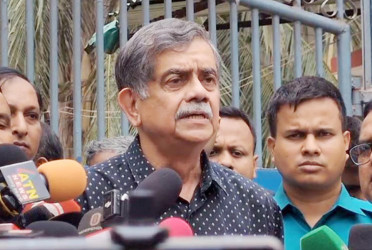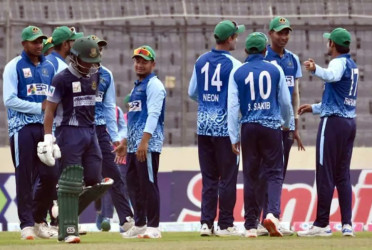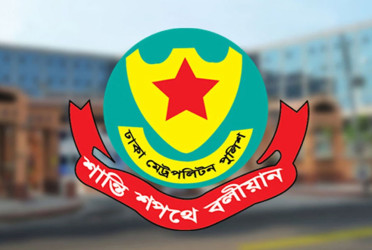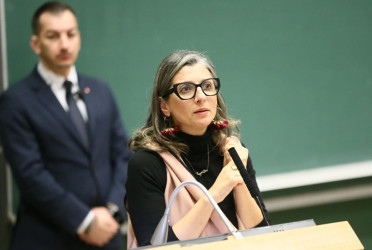A validation workshop hosted by FAO of the United Nations focused on reducing pesticide risks and enhance the quality of dried fish for domestic and export markets, reports UNB.
The workshop was arranged to finalize the updated version of the National Residue Control Plan (NRCP) Policy Guidelines 2011 (Revision 2025) and the Pesticide Residue Monitoring Plan (PRMP) Guidelines for dry fish in Bangladesh at Pan Pacific Sonargaon Hotel on Thursday.
The workshop aimed to align Bangladesh’s pesticides management frameworks with the changing requirements of the European Union (EU) and national regulations governing pesticide residues in the fisheries sector.
The initiative is done under the Food and Agriculture Organization’s (FAO) led Pesticide Risk Reduction in Bangladesh project that is funded by the Global Environment Facility (GEF).
Dia Sanou, Deputy Representative, FAO Bangladesh, and Shahina Ferdousi, Joint Secretary, Fisheries Branch, Ministry of Fisheries & Livestock, participated the event which was chaired by Md. Zia Haider Chowdhury, Additional Director General, Department of Fisheries.
The validation meeting follows an extensive consultative process to identify gaps and areas for improvement in the existing NRCP Policy Guidelines and inform the updating the NRCP Policy Guidelines and developing the PRMP Guidelines to ensure their compatibility with both EU regulations and national standards.
This process involved thorough desk reviews of relevant legislation and regulations, as well as conducting three focus group discussions (FGDs) in Khulna, Gazipur, and Dhaka with experts, stakeholders, and government officials.
Shahina Ferdousi, Joint Secretary, MOFL, acknowledged DoF and FAO’s significant collaboration in ensuring the country’s sustainable export and food safety regulations.
She said, “FAO has trained DoF officials on pesticide residue monitoring, reviewed regulations, and improved drying practices for dried fish producers. These efforts aim to reduce pesticide risks and enhance the quality of dried fish for domestic and export markets."
Dia Sanou, Deputy Representative, FAO Bangladesh, highlighted the country’s remarkable progress in the fish export sector, "Bangladesh has become the third-largest global producer of farmed fish, exporting to over 50 countries, including major markets like the EU, the US, and Japan.
However, the country faces growing challenges with chemical contamination in aquaculture products, particularly from banned drugs and other chemicals, leading to significant economic impacts and a loss of customer confidence."
He further added, “The updated NRCP Policy Guideline 2011 and PRMP Guideline for Dry Fish will help uphold safety standards in Bangladesh’s fisheries, protect public health, and strengthen exports.’’
The workshop will work as a key milestone in fostering collaboration among key actors in this sector.
The validation meeting is part of the FAO’s ongoing efforts to ensure sustainable and safe fishery practices in Bangladesh, fostering better regulatory frameworks to safeguard public health and improve trade standards for seafood products.
The recommendations focused on the "Four Betters"—Better Production, Better Nutrition, Better Environment, and a Better Life—ensuring sustainable export and food safety regulations in fisheries and aquaculture.
Bd-Pratidin English/ AM

